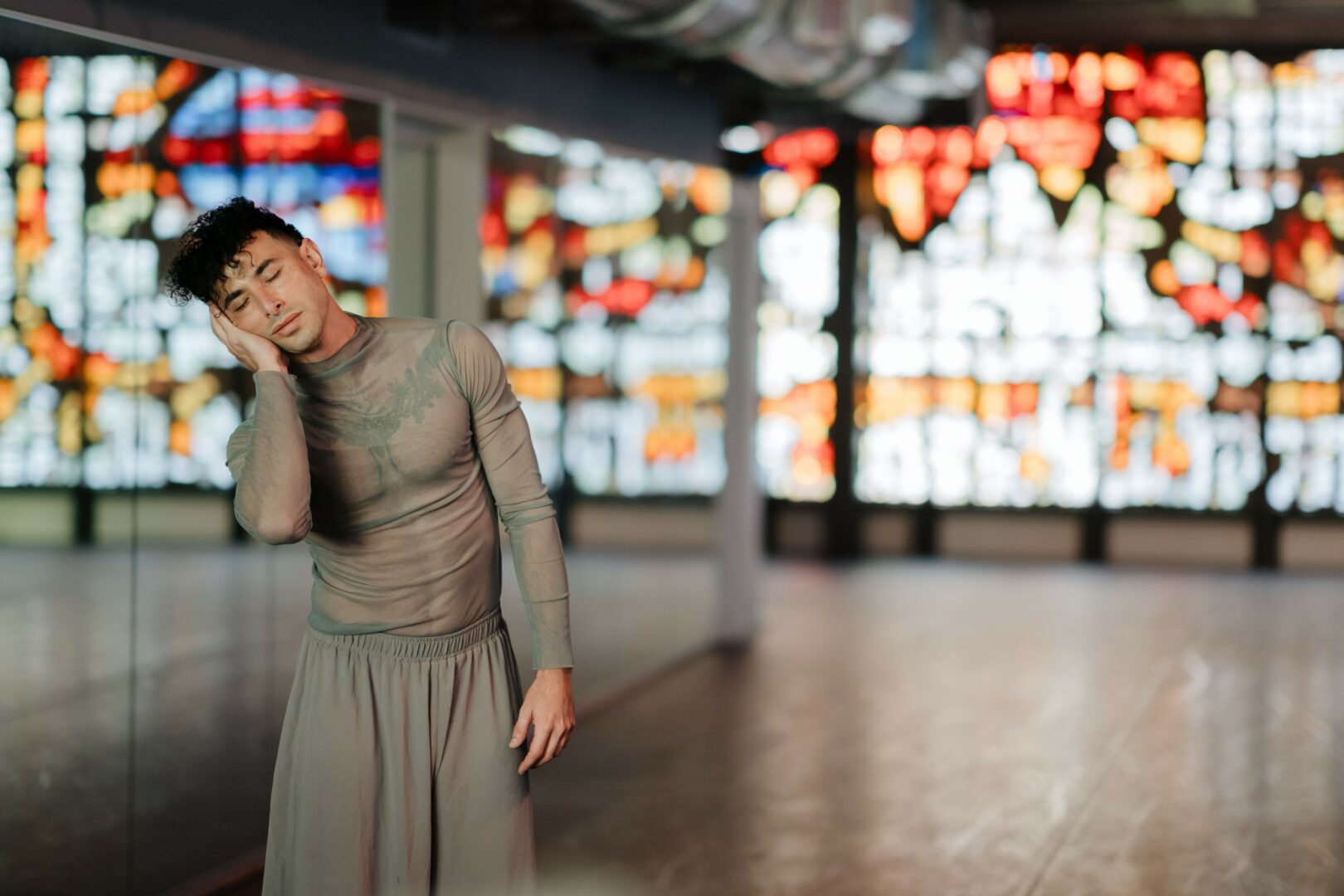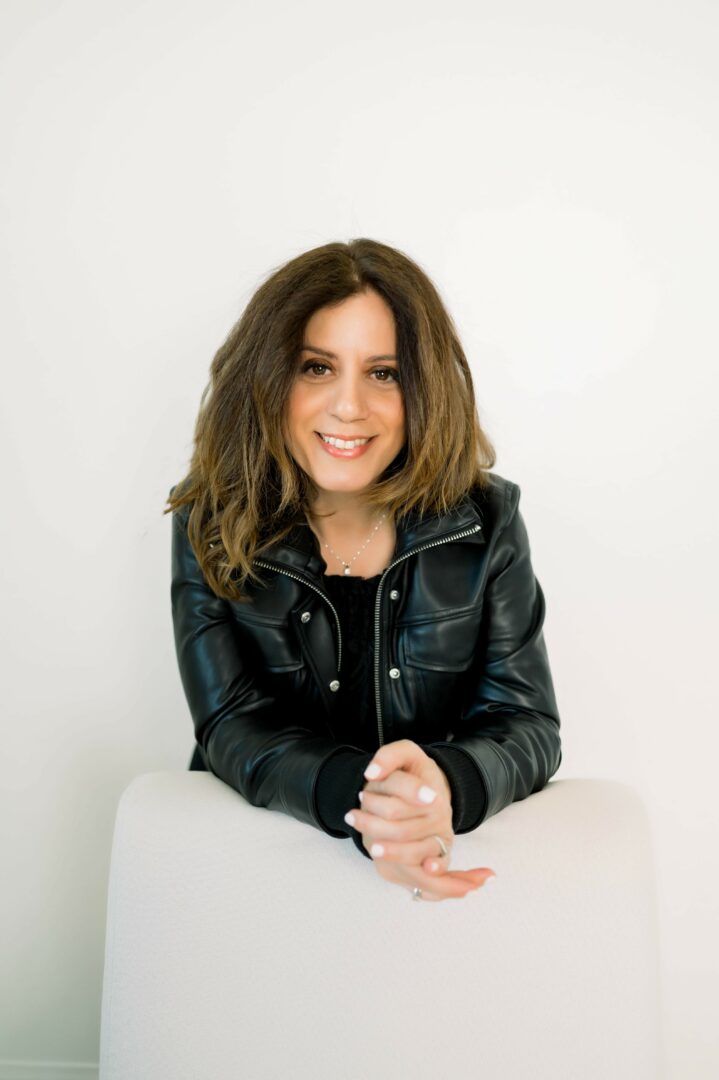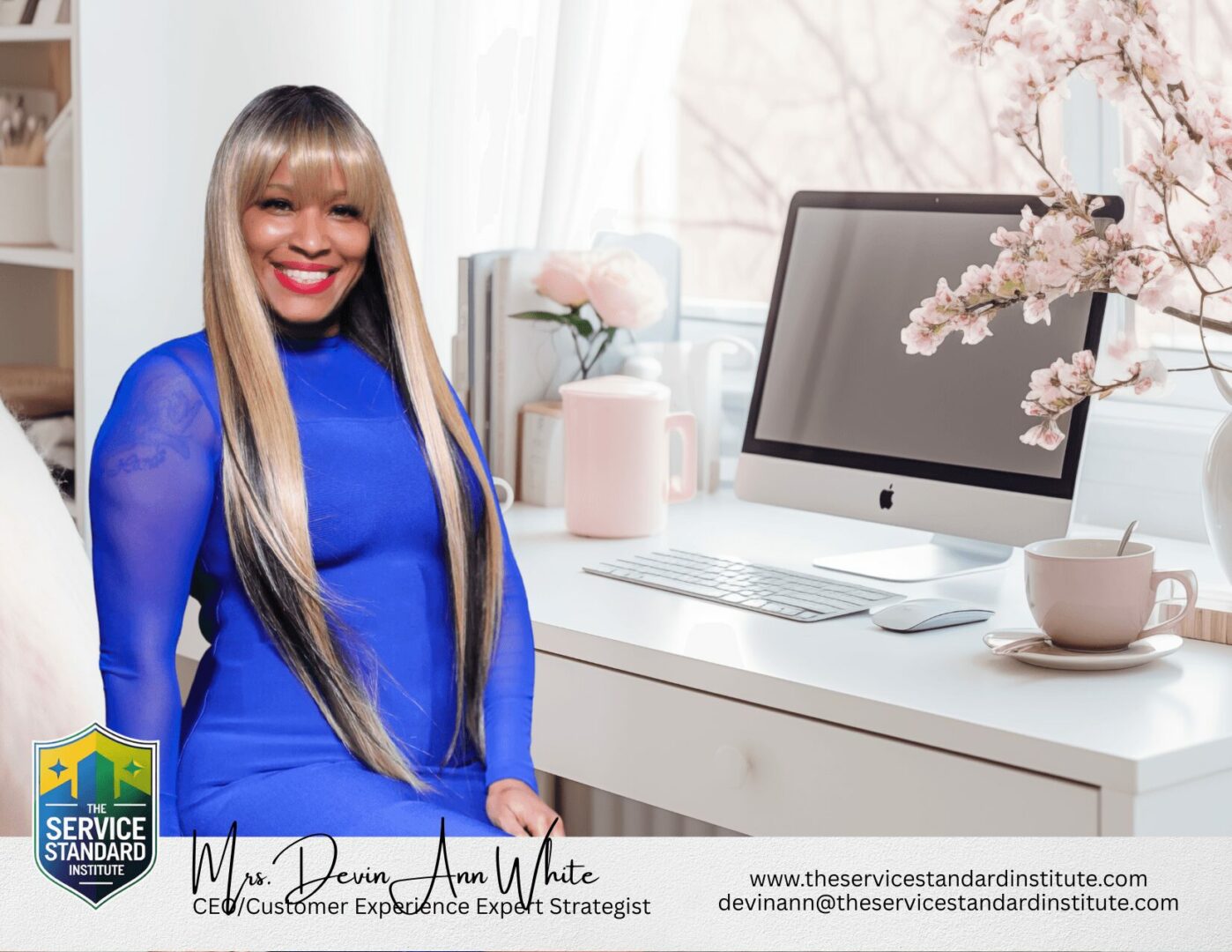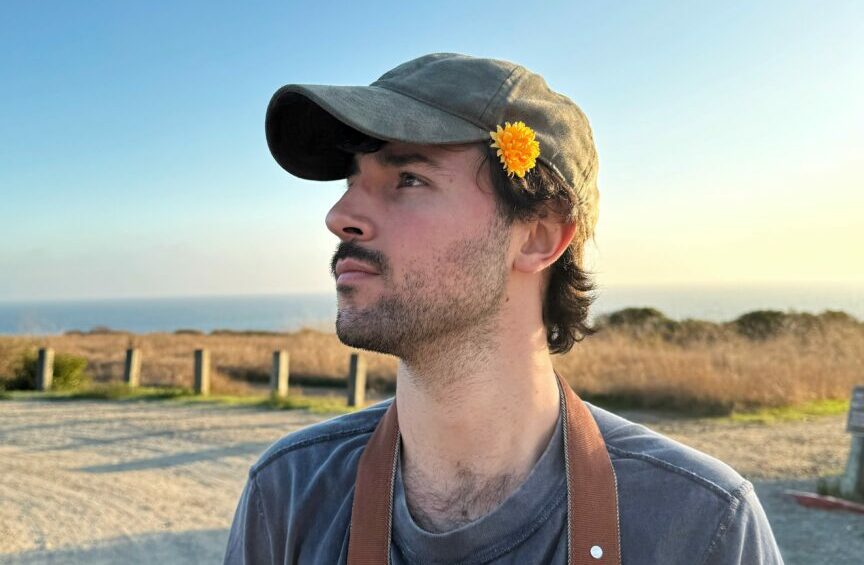We recently connected with Pioneer Winter and have shared our conversation below.
Pioneer, so great to have you sharing your thoughts and wisdom with our readers and so let’s jump right into one of our favorite topics – empathy. We think a lack of empathy is at the heart of so many issues the world is struggling with and so our hope is to contribute to an environment that fosters the development of empathy. Along those lines, we’d love to hear your thoughts around where your empathy comes from?
I think empathy started forming in me early. My mom had Lupus, and I learned to read her body before I could read words. Some mornings she’d be dancing in the kitchen, playing music too loud, laughing like she didn’t know what pain was. Other mornings she couldn’t get out of bed. I could tell by her breathing if it was going to be a good day or a hard one. I didn’t have language for it then, but I knew what it meant to hold space for someone else’s pain. When she died, that sensitivity didn’t disappear. It turned inward and outward at the same time.
Studying public health later in life deepened that instinct. I worked in HIV prevention, sitting in rooms with people who were scared, angry, or tired of being judged. You learn how to listen differently when someone is trusting you with their story. You start to see how silence can be a form of care, and how safety is something you build slowly. That kind of listening shaped how I choreograph. Movement became another way to hold people, to make space for what words can’t carry.
In my collective, empathy is something we practice every day. It looks like a dancer asking for time, an elder reminding us to slow down, or a performer in recovery showing up as they are. The conditions that built that in me were loss, care, and love that kept showing up even when it hurt to. Those moments taught me that empathy isn’t softness. It’s staying present when someone is breaking open, including yourself.
Let’s take a small detour – maybe you can share a bit about yourself before we dive back into some of the other questions we had for you?
I’m a choreographer and the director of Pioneer Winter Collective, a Miami-based dance-theater company that brings together queer, disabled, and elder artists to create work that’s as much about community as it is about performance. We make dance in theaters, museums, and public spaces—anywhere people can gather and be moved together.
What excites me most is seeing how dance can shift who feels seen and who feels like they belong. Every project begins with the body, but it becomes a conversation about care, visibility, and transformation. The artists I work with hold decades of lived experience and resilience in their bodies, and that energy shapes everything we make.
Right now we’re in a season of premieres, we just performed ”In the Belly of the Bird/Godmother” in October—a “somapoem” about loss and memory—and in November at the Broward Center in Fort Lauderdale, we will debut ”Apollo,” a queer love letter to legacy, chosen family, and resilience. Both works feature older dancers, folks whose bodies and stories are not usually celebrated on stage, especially in the dance world. Both are part of a larger body of work that reimagines what dance can be and who it’s meant for.
What I hope people take away from our work is that beauty doesn’t come from perfection—it comes from presence.
If you had to pick three qualities that are most important to develop, which three would you say matter most?
Omg I actually have five….
Consilience: I’ve always believed that the most meaningful work happens when disciplines, bodies, and ideas overlap. My background in public health and choreography taught me that everything is connected if you look closely enough. For anyone starting out, don’t separate your interests. Let them inform one another. The bridges you build between them will become your signature.
Adaptability: Even with formal training, the real lessons came from stepping into rooms where I didn’t fully know what I was doing. Every rehearsal, grant meeting, or community workshop required a different part of me. The world keeps shifting, and our work should too. Stay flexible. Let yourself be a beginner over and over again.
Collaboration: Nothing I’ve built exists in isolation. The best ideas in my practice come from the friction and care between people. If you’re early in your journey, build relationships rooted in trust. Protect your collaborators and let them protect you. The work will grow deeper because of it.
Intense curiosity: It’s what keeps everything alive for me—the urge to ask why, to take things apart and see how they move. Curiosity makes failure less frightening and keeps the work evolving. My advice is to let your curiosity lead you somewhere unfamiliar. That’s usually where the good stuff lives.
Empathy: I learned it early from my mom, who lived with Lupus. Some days she could dance; some days she couldn’t get out of bed. I didn’t have the words for it then, but I was learning to read a body—how to be present with someone’s pain without trying to fix it. That sensitivity shaped everything that came after. For anyone starting out, empathy begins with attention. Listen deeply—to others, to yourself, to what’s unsaid.
One of our goals is to help like-minded folks with similar goals connect and so before we go we want to ask if you are looking to partner or collab with others – and if so, what would make the ideal collaborator or partner?
I’m looking to connect with funders and supporters who see the arts as part of the ecosystem that keeps a community alive. What we do at Pioneer Winter Collective isn’t only performance. It’s civic work. It’s care work. It’s a way of making sure that queer, disabled, and elder artists aren’t written out of the story of this place.
When people invest in us, they’re investing in a ripple effect. One dollar in the arts turns into jobs, belonging, and memory that stays rooted in the neighborhood. We build spaces where people can see themselves reflected, sometimes for the first time, and where imagination becomes a kind of public service.
I think of the work as a Trojan horse. The beauty brings people in, but inside is a quiet pressure for change. If that resonates, I’d love to be in conversation.
Contact Info:
- Website: www.pioneerwinter.com
- Instagram: https://www.instagram.com/thepioneerwinter
- Facebook: https://facebook.com/pioneerwintercollective
- Linkedin: https://www.linkedin.com/company/pioneer-winter-collective-inc/
- Twitter: https://x.com/pioneerwinter
- Youtube: https://youtu.be/SnkD8TZiPeE?si=DmuLcl3wuJrNyKRb
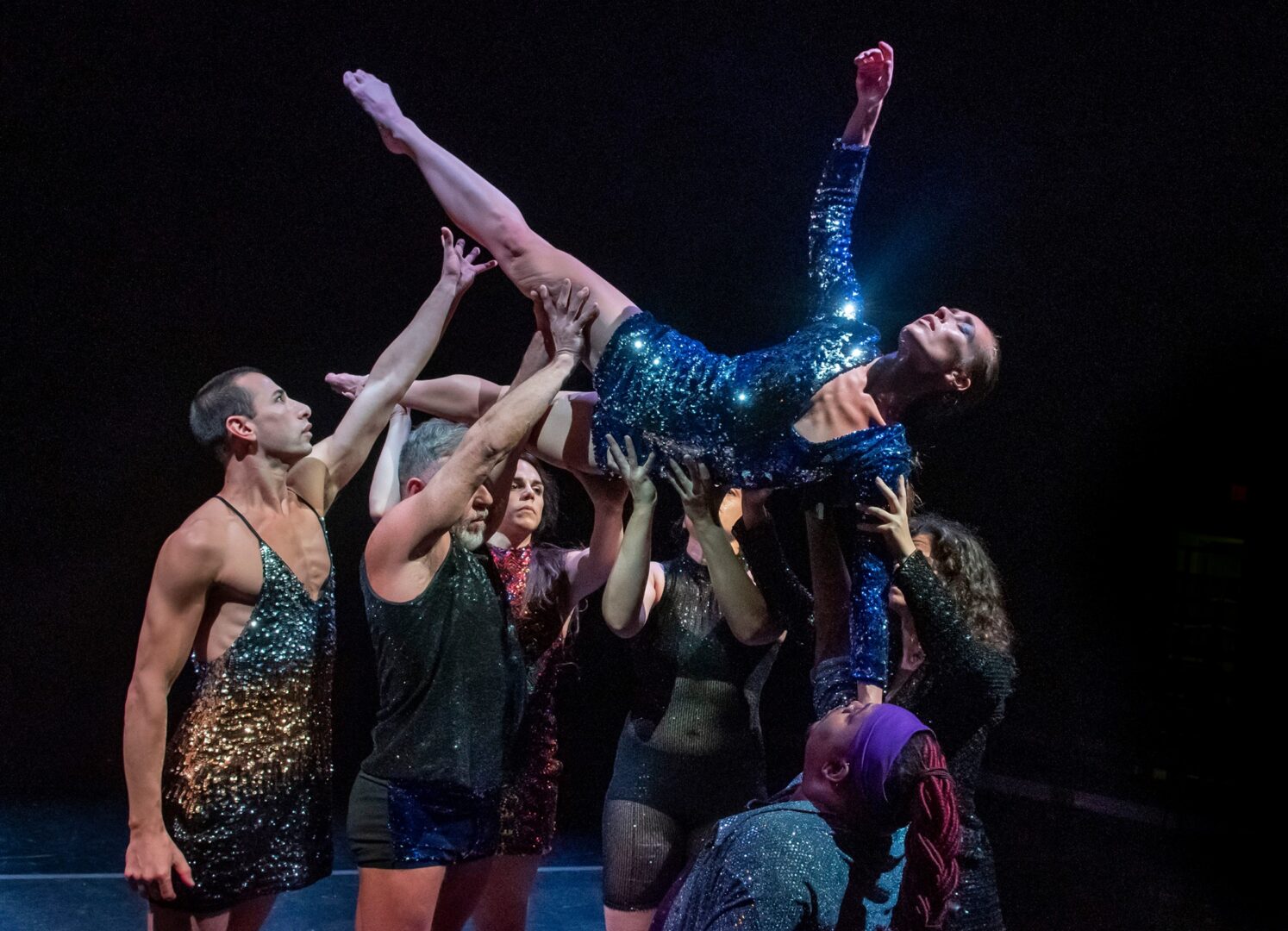
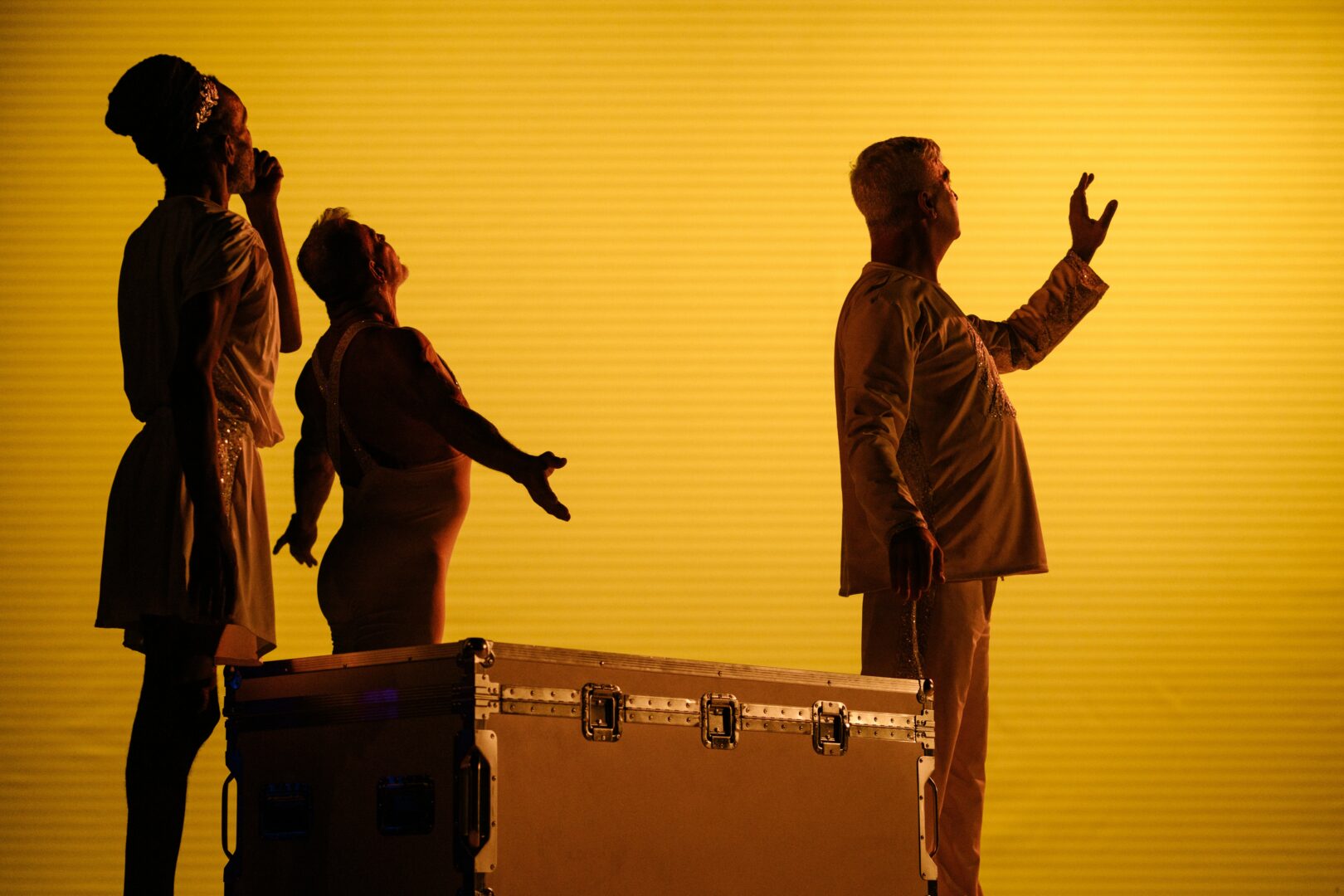
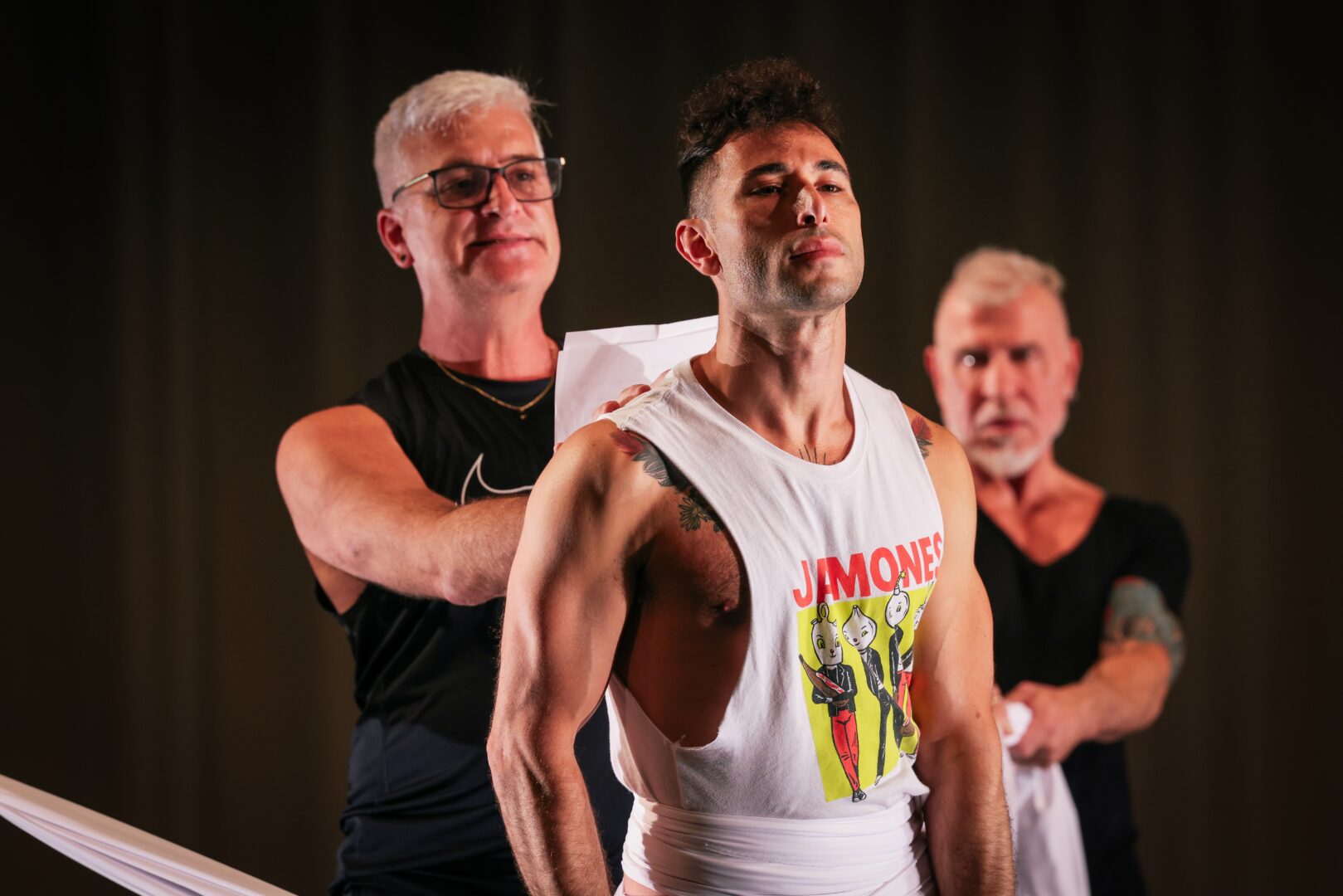
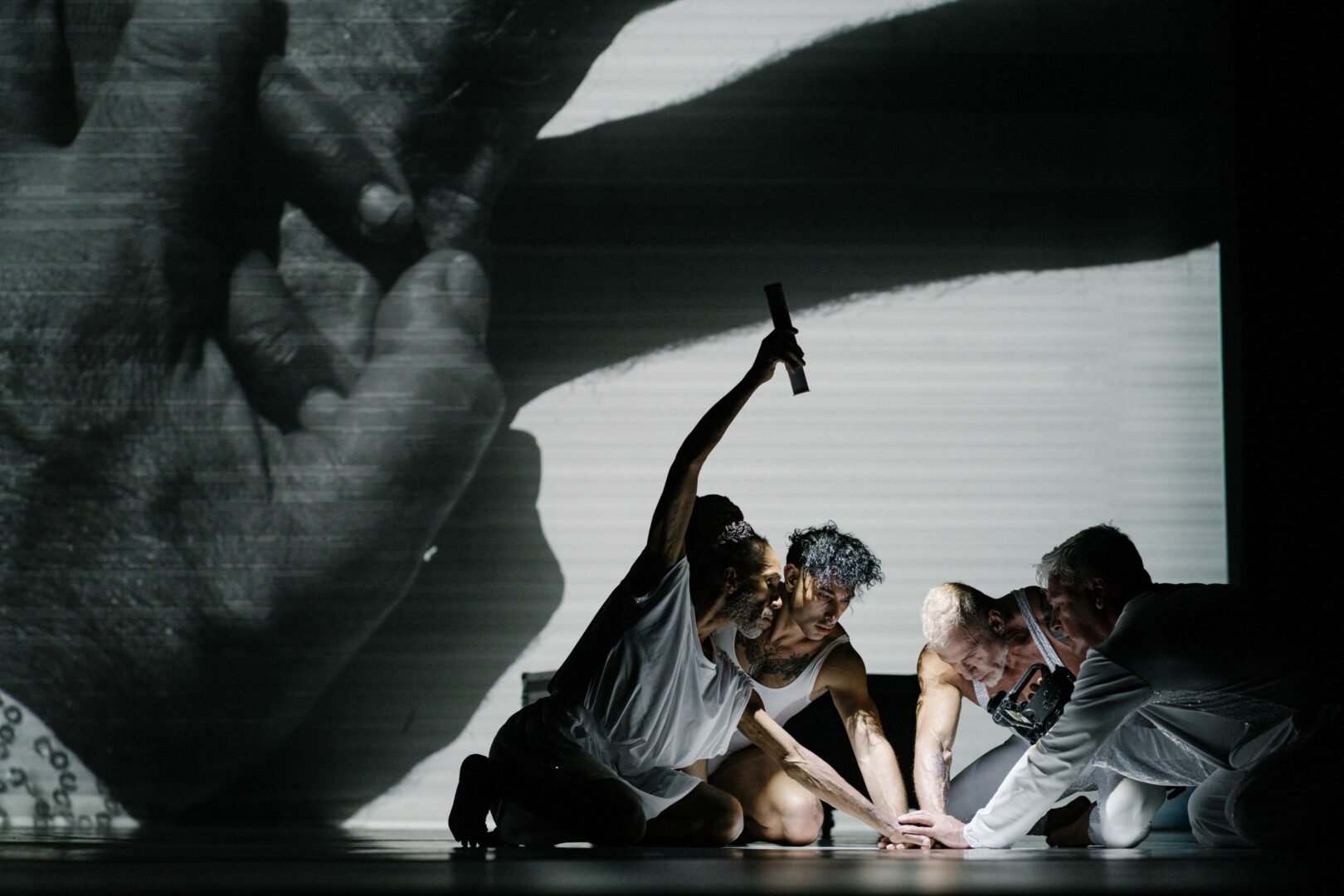
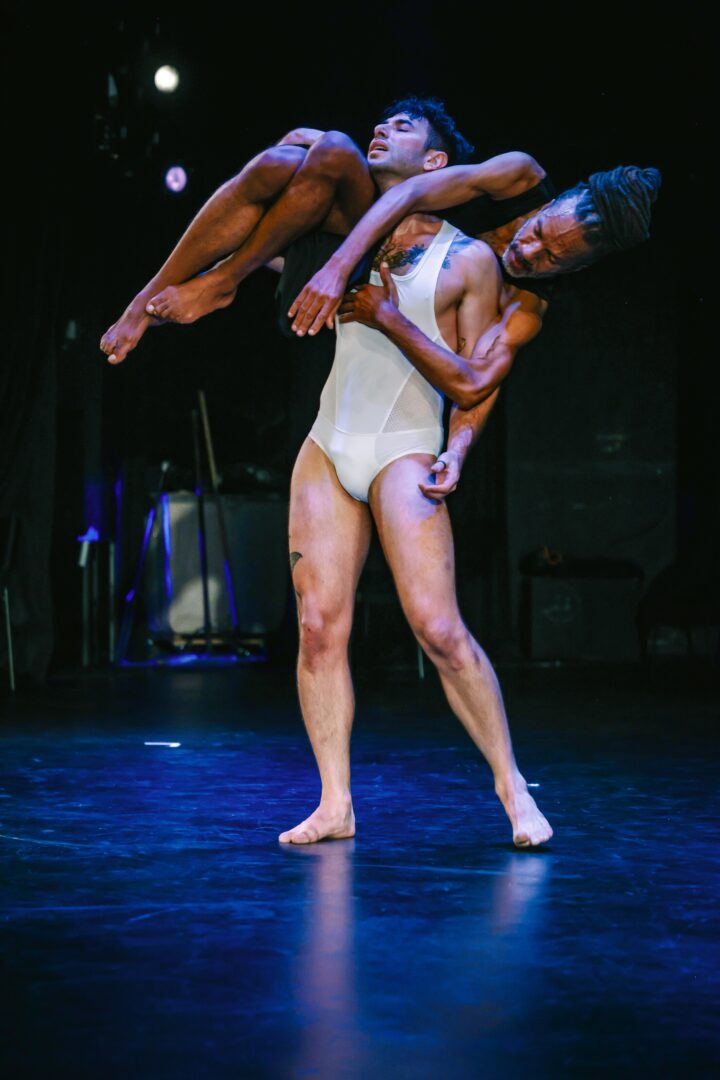
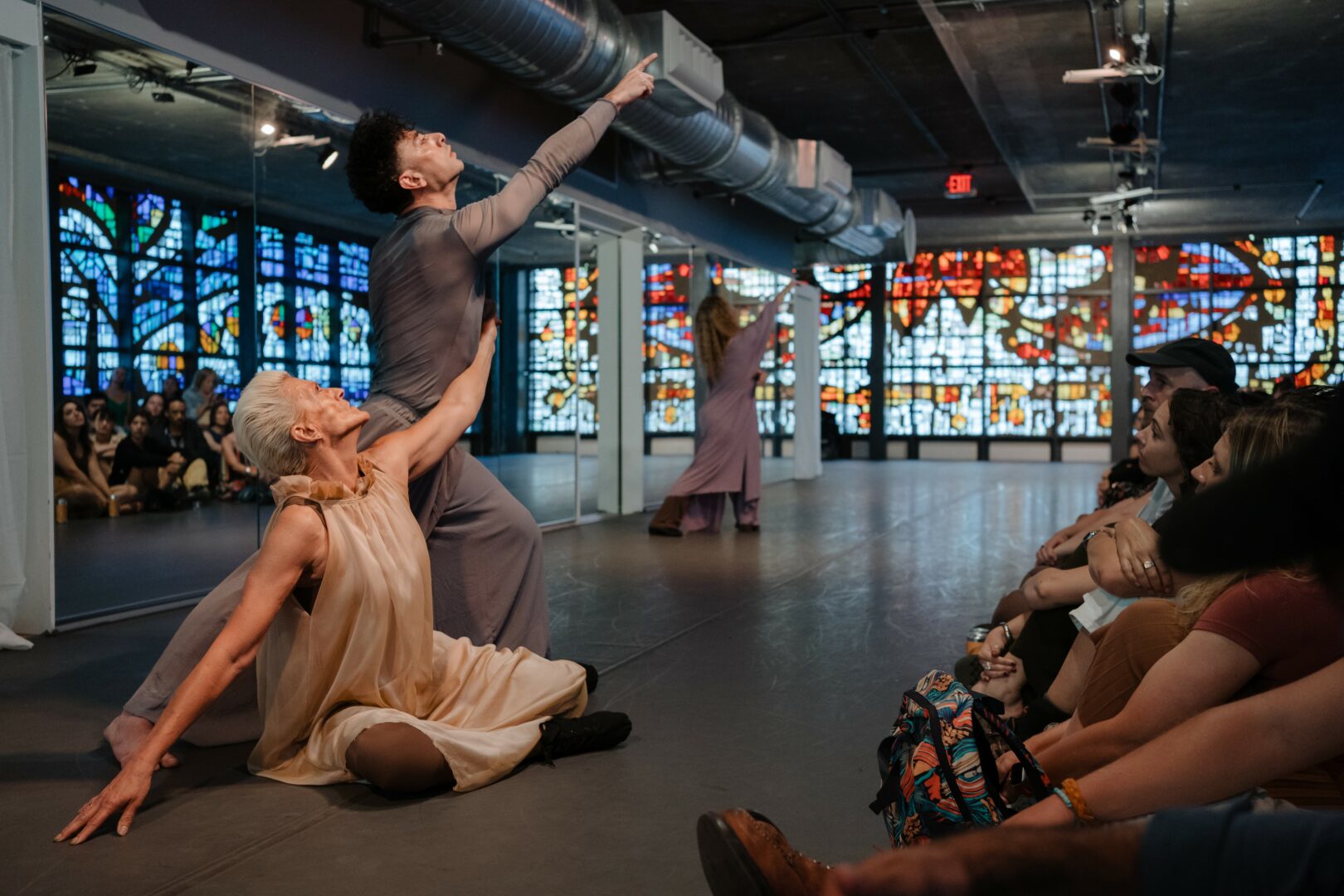
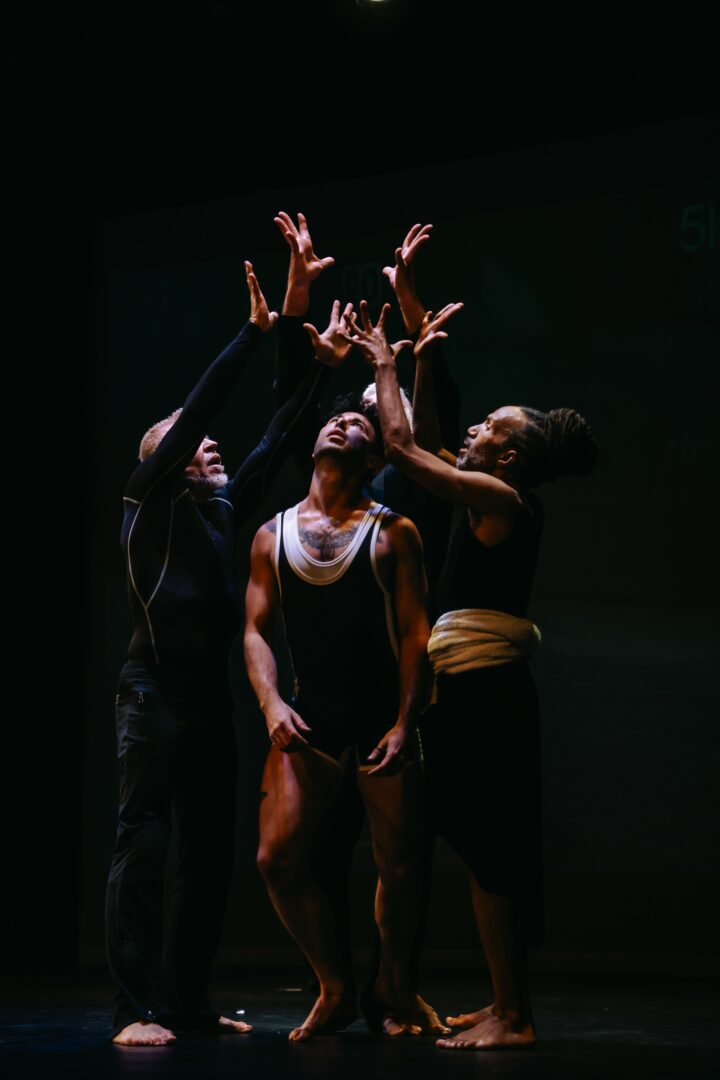
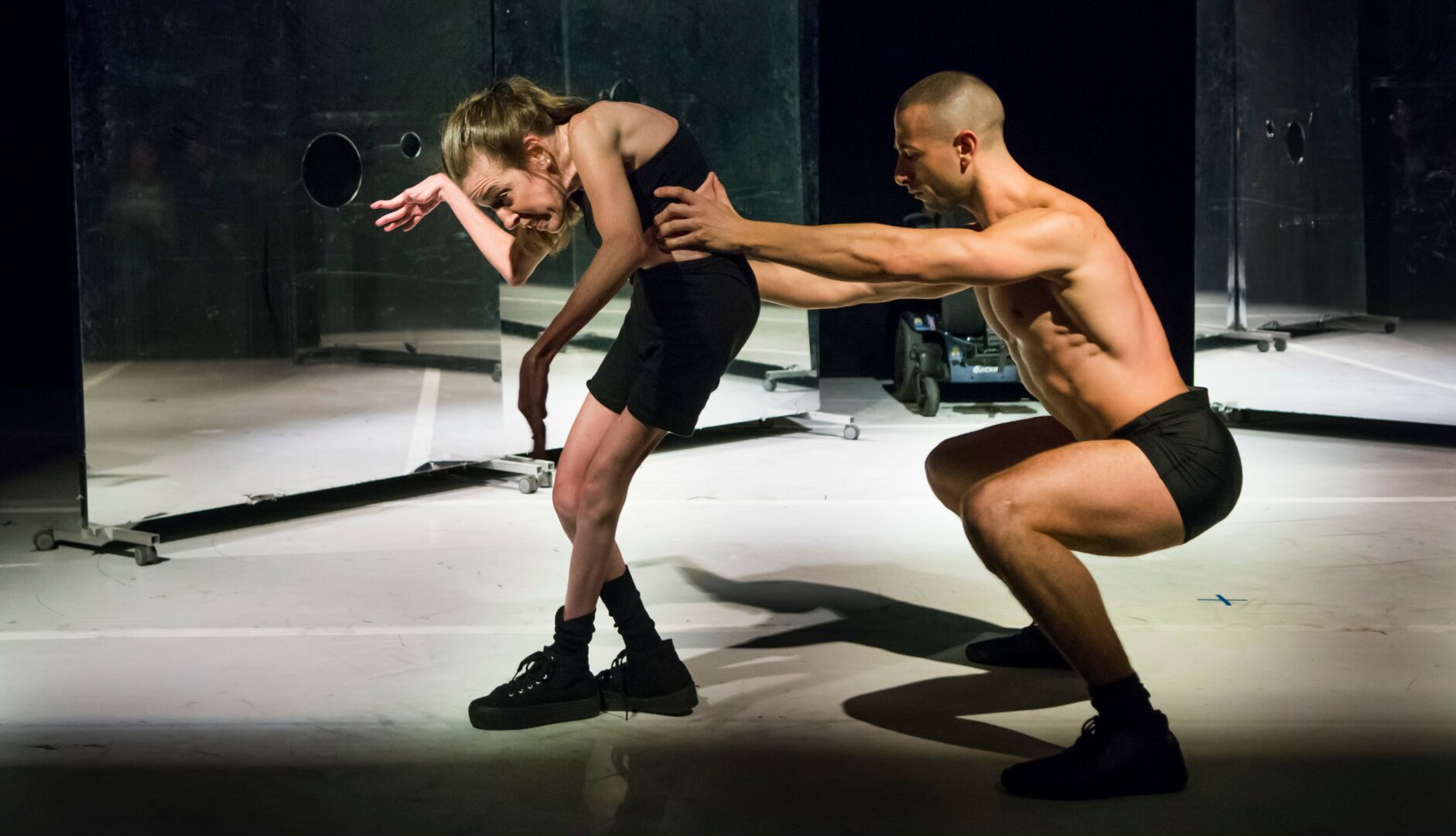
Image Credits
PERSONAL PHOTO: Pioneer Winter performing “In the Belly of the Bird/Godmother” photo by Chantal Lawrie.
ADDITIONAL PHOTOS:
1 – PWC in Apollo photo by Karli Evans
2 – PWC in development for Apollo at MANCC photo by Chris Cameron
3 – PWC in Apollo photo by Karli Evans
4 – PWC in Apollo photo by Passion Ward
5 – PWC in “In the Belly of the Bird/Godmother” photo by Chantal Lawrie
6 – PWC in Apollo photo by Passion Ward
7 – PWC in Reprise photo by Katherine Richardson
8 – PWC in Gimp Gait photo by Mitchell Zachs

